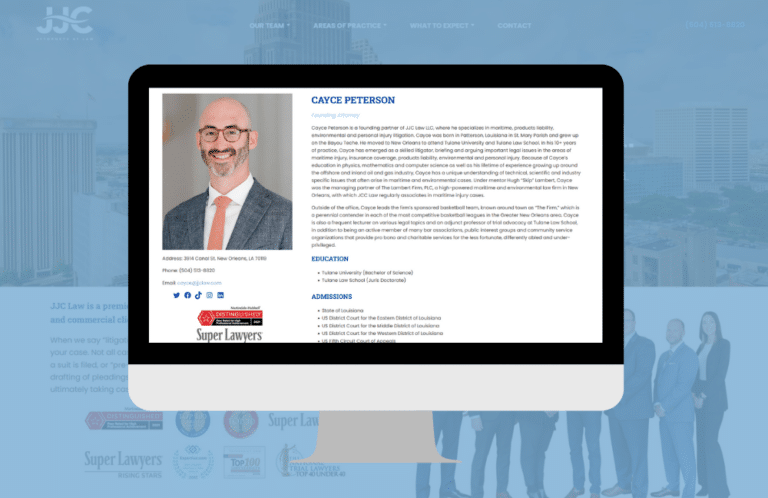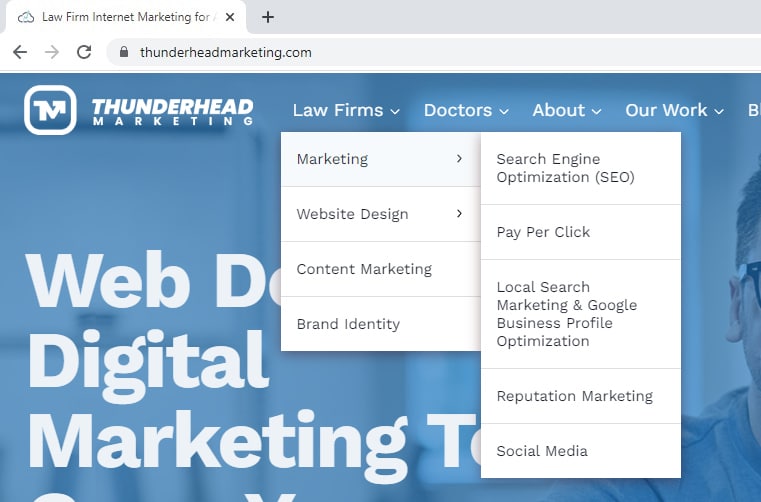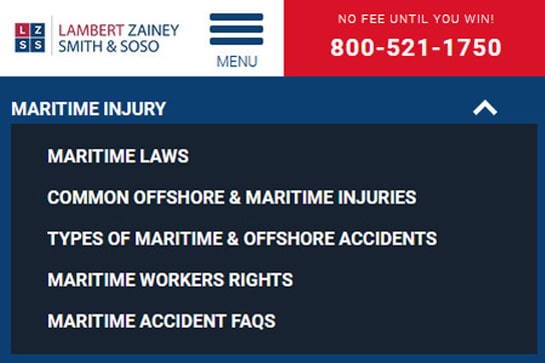Legal content marketing is a powerful tool for law firms to engage potential clients and establish their expertise. Yet, the challenge remains: what content should lawyers produce and how can they effectively promote it? This guide delves into creating impactful legal content and the strategies to ensure it reaches your target audience.
Understanding Your Target Audience
Successfully navigating the realm of legal content marketing starts with a keen understanding of your target audience.
Firstly, it’s important to distinguish between individual and corporate clients. An individual, perhaps grappling with a personal injury situation, will have a unique set of concerns, questions, and expectations compared to a large corporation searching for guidance on tax intricacies. Recognizing these nuances is vital.

But the segmentation doesn’t end there. Even within these broader categories, clients have varied needs based on specific legal scenarios. Hence, content should be customized to resonate with different practice areas. Whether it’s addressing the complexities of family law, demystifying the intricacies of criminal defense, or shedding light on corporate legalities, tailoring your content ensures it speaks directly to the specific concerns and interests of each segment of your audience.
By truly understanding these nuances, law firms can craft content that not only informs but also builds trust and establishes authority in their respective domains.
What to Write: Generating Effective Legal Content
The right content can be the bridge that connects law firms to their potential clients. But amidst the vast sea of information available online, what ensures that your content stands out and resonates with readers? Crafting valuable, relevant, and authoritative legal content isn’t just about putting pen to paper; it’s about understanding your audience’s needs and addressing them effectively.
Here are some of the key types of content that law firms can produce to educate, engage and establish trust with their audience.
- Blog Posts: Offer insights on legal updates, simplify complex jargon, or share case studies that highlight your firm’s success.
- E-books and Guides: Provide in-depth knowledge on specific issues. For instance, a comprehensive guide on “Navigating the Divorce Process” can be invaluable to someone considering separation.
- FAQs: Address common legal questions. These are both user-friendly and beneficial for organic search visibility.
- Videos: Visual content, from client testimonials to explainer videos, can enhance engagement and break down complicated topics.
- Infographics: Visual summaries, like the steps in a lawsuit or key statistics about real estate disputes, can make information more digestible.
- Podcasts: Discuss legal trends or interview experts. It’s a modern way to engage an audience during their daily commutes or workouts.
- Webinars and Online Workshops: Deep dive into specific topics, offering clients a chance to engage directly, ask questions, and gain detailed insights.
In the legal arena, where trust is paramount, the right content can solidify a firm’s reputation and expertise. By focusing on audience-centric topics and delivering them with clarity and authority, law firms can position themselves as not just service providers, but also as essential knowledge hubs in the vast digital landscape.
How to Promote Legal Content
Crafting exceptional legal content is only half the battle; the other half lies in ensuring it reaches and resonates with your intended audience. The digital landscape is teeming with information, making the promotion of your content as crucial as its creation.
Here are some ways we recommend to amplify the visibility of your legal content, ensuring it doesn’t just exist online, but thrives and engages your target audience effectively.
- Search Engine Optimization (SEO): Implement keyword research tailored for legal terms, optimize your on-page elements, and foster genuine backlinking strategies to rank higher on search engines.
- Social Media Promotion: Identify which platforms your target audience frequents. Use platforms like LinkedIn for B2B content or Facebook for more general law advice. Share, engage, and join pertinent discussions.
- Email Marketing: A regular newsletter offering insights, updates, and firm news can nurture relationships with past, current, and potential clients.
- Paid Advertising: Boost your reach with Google Ads, sponsored social media posts, or retargeting campaigns to recapture potential leads.
- Collaborations and Guest Posting: Boost your authority and reach by guest posting on reputed legal sites or collaborating with non-competing firms on shared topics.
- Hosting and Attending Legal Webinars/Events: Not only do you showcase expertise, but you also directly connect with a broader audience.
Measuring the Success of Your Legal Content Marketing
Adopting analytics tools can provide insights into your content’s performance. Understand metrics like website traffic, engagement, and conversion rates. Regularly review and adapt strategies based on results to ensure you’re meeting your firm’s objectives.
Not Sure Where to Start? We Can Help
Your law firm deserves to be heard, and the right content can be the amplifier. At Thunderhead Marketing, we specialize in crafting and promoting legal content that resonates, educates, and engages.
If you’re ready to elevate your firm’s digital presence and connect with clients in a meaningful way, don’t leave it to chance. Reach out to Thunderhead Marketing today and discover how our content marketing services for law firms can transform your online narrative into a compelling story of expertise and trust.







